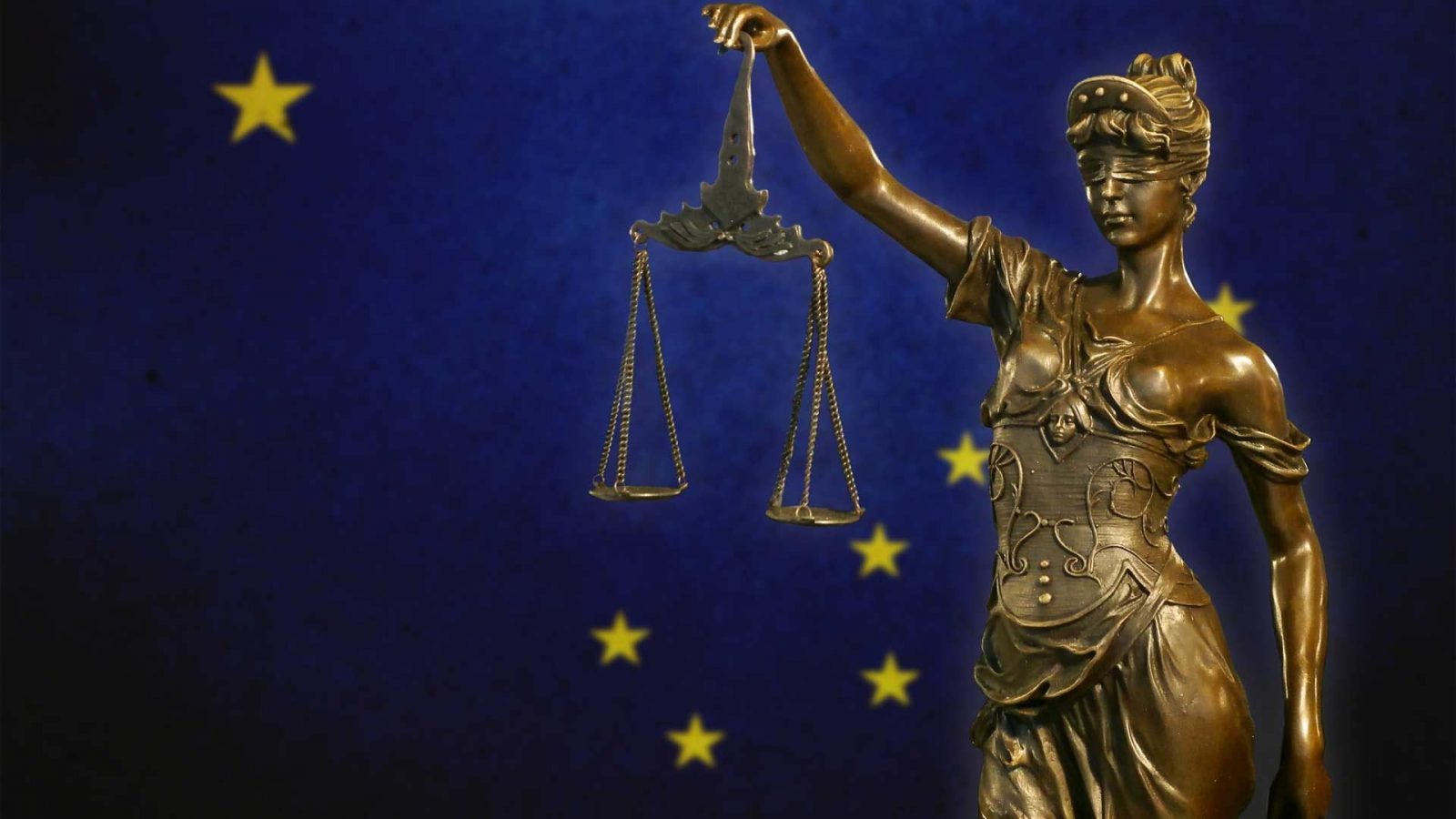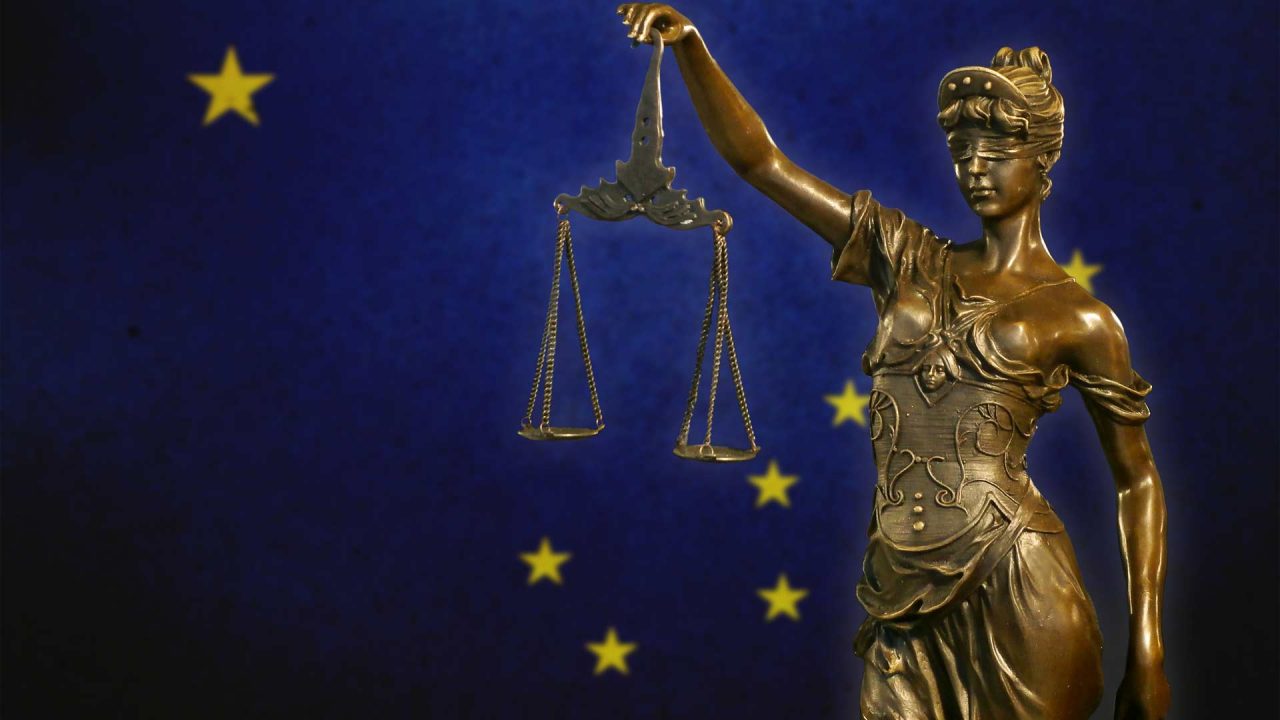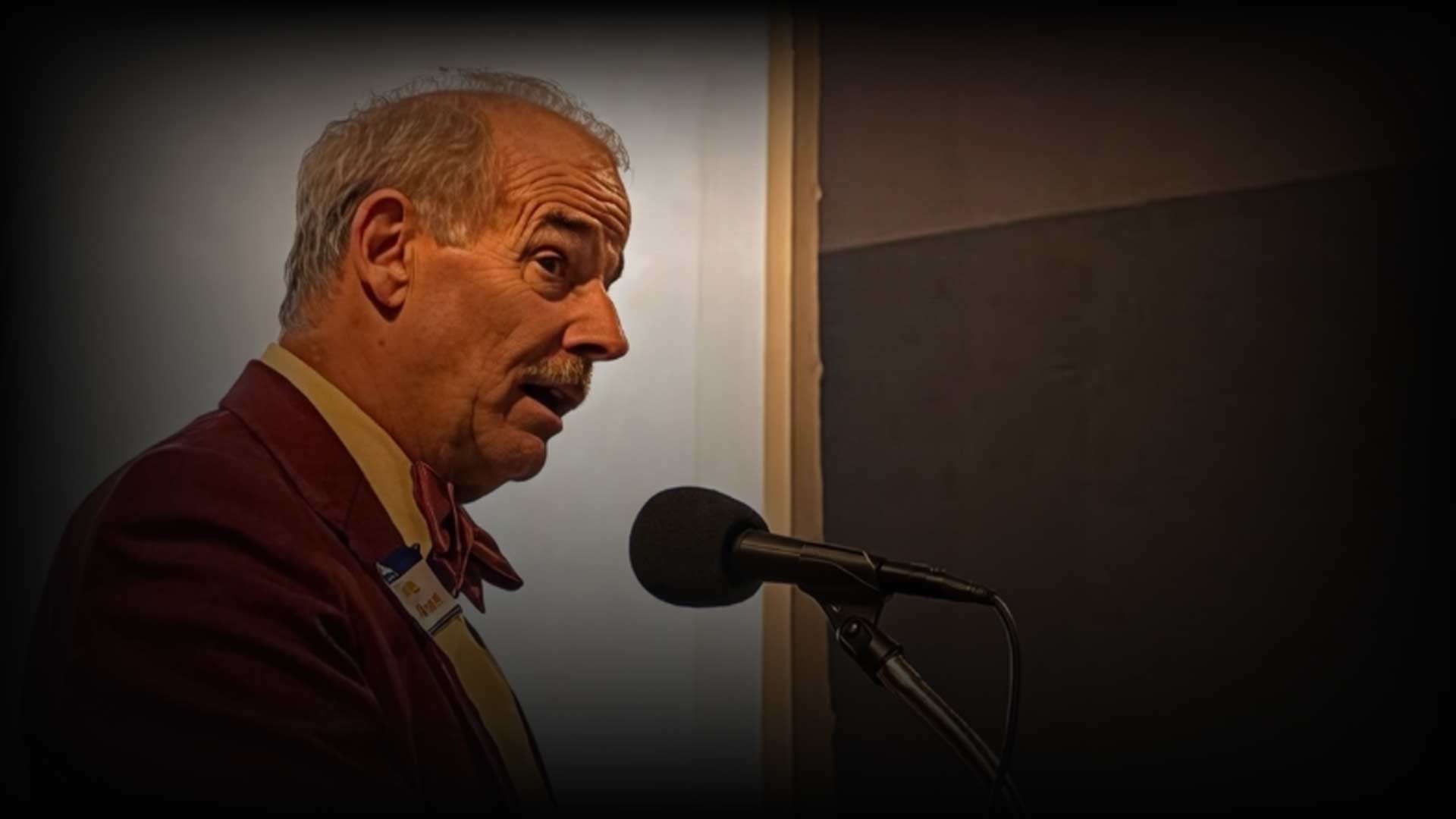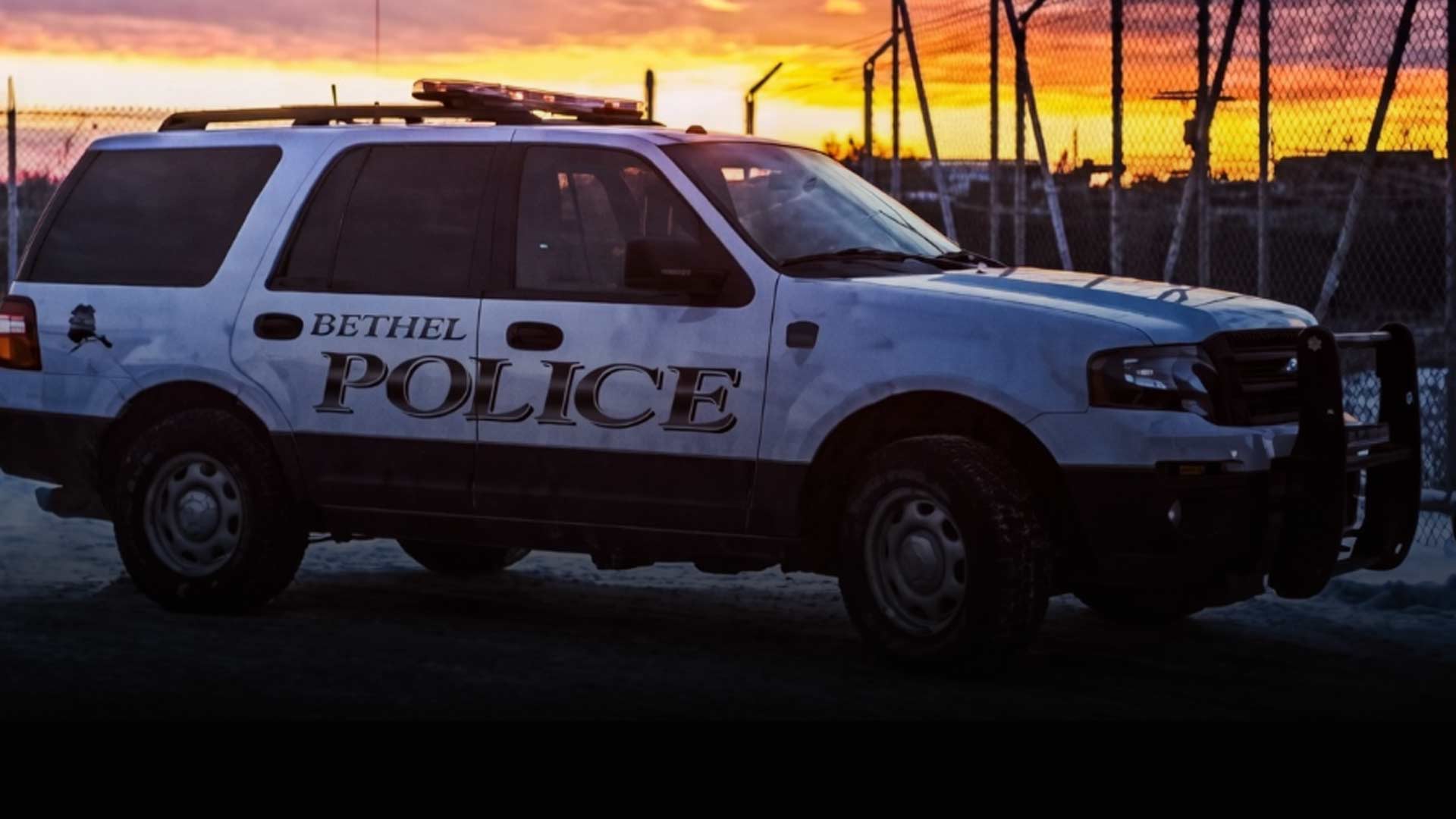
The Alaska Supreme Court will hear oral arguments at 1:30 p.m. today (March 25) on the merits of the recall campaign against Gov. Mike Dunleavy. Proceedings will be in Anchorage’s Boney Courthouse.
Chief Justice Joel Bolger will sit this case out, having recused himself on March 2 after making statements earlier that may cause a reasonable person to wonder whether he could impartially rule on the legal merits of the recall.
Oral arguments will be broadcast on Gavel Alaska.
One of four reasons the Recall Dunleavy group cites for justifying its effort deals with Dunleavy’s veto of the court budget last summer. Dunleavy vetoed $334,700 – the exact amount the Supreme Court ordered the state to pay abortionists for killing 805 babies in 2018. That mandate contradicted the Legislature’s instruction that no money from the budget could be used to fund elective abortions.
The recall group claims Dunleavy “violated separation-of-powers by improperly using the line-item veto to attack the judiciary and the rule of law.” Dunleavy’s attorney’s, however, say the governor was within his constitutionally guaranteed rights to veto a portion of the court’s budget.
Bolger, who was set to preside over the case, made a public appeal to the Alaska Federation of Natives Convention in October, in which he asked for help in the court’s veto dispute with the governor.
Additionally, a video on the Alaska Bar Association website shows what appears to be an attempt by Bolger to enlist lawyers in influencing public opinion against the governor’s veto. The Aug. 8 video shows Bolger telling members of the Alaska Bar Association to write letters to the editor and post articles on Facebook to counteract what he called “attacks on the independence of the judiciary.”
Other reasons the recall group claims the governor should be removed include: refusing to appoint a judge to the Palmer Superior Court within 45 days of receiving nominations, misusing state funds to purchase political ads, and mistakenly vetoing $18 million more from last year’s budget than what he told the Legislature in official communications.
If the Alaska Supreme Court approves of the legal grounds for the recall, the governor’s opponents will need to collect the needed 71,200 signatures to put the issue to a popular vote before Alaskans. If successful, a special election would be held within 60 to 90 days after the required signatures are submitted. The last day for supporters to turn in signatures for the recall is June 8, 2022.






